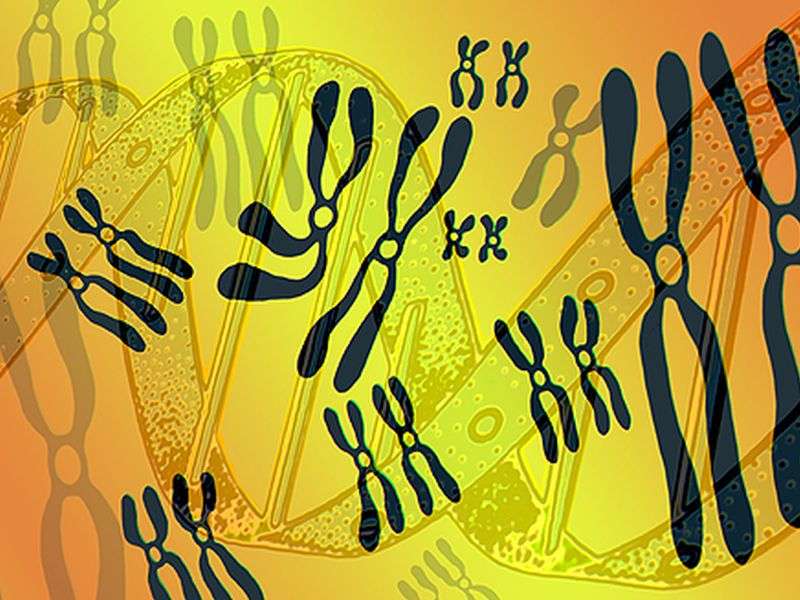Potential new asthma genes ID'd in genome-wide study

(HealthDay)—Potential new asthma genes have been identified in a genome-wide association study (GWAS) combined with subsequent lung expression quantitative trait loci (eQTL) analysis, according to research published online July 20 in Allergy.
Maartje A. Nieuwenhuis, from the University of Groningen in the Netherlands, and colleagues performed a GWAS in 920 patients with asthma with bronchial hyper-responsiveness (BHR) and 980 controls. The top 368 single nucleotide polymorphisms (SNPs) were analyzed in four replication cohorts. Replicated SNPs underwent lung cis-eQTL analysis. The correlation of SNPs previously associated with asthma were examined in these data.
The researchers found that six SNPs replicated in one or more cohorts; after meta-analysis, one locus (17q21) achieved genome-wide significance. In whole lung tissue, five of six replicated SNPs regulated 35 gene transcripts. Significant correlations were seen with asthma and BHR for eight of 20 asthma-associated SNPs from previous GWASs. Larger effect sizes were seen for three SNPs (in IL-33 and GSDMB) in these data compared with the published literature.
"Combining GWAS with subsequent lung eQTL analysis revealed disease associated SNPs regulating lung mRNA expression levels of potential new asthma genes," the authors write.
Grant support was provided by the pharmaceutical industry.
More information:
Abstract
Full Text (subscription or payment may be required)
Copyright © 2016 HealthDay. All rights reserved.
















